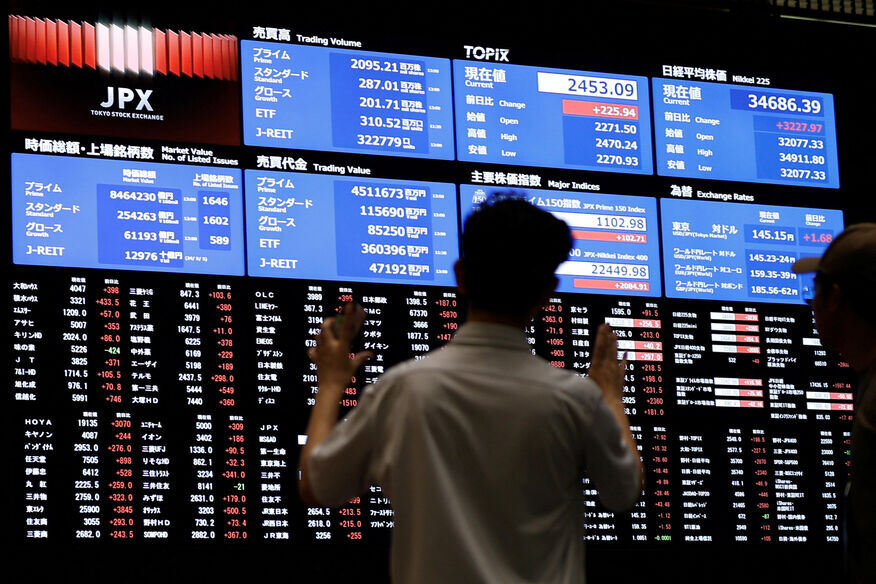EUR/JPY gains traction above 160.50 amid light trading

- EUR/JPY gains ground near 160.60 in Monday’s Asian session.
- German inflation rose to 2.6% YoY in July.
- Middle East geopolitical tensions might support the JPY and cap the cross’s upside.
The EUR/JPY cross trades firmer around 160.60 on Monday during the Asian trading hours. The softer Japanese Yen (JPY) provides some support to the cross on the day. Trading volumes are likely to be thin for the rest of the day as Japanese markets are closed for Mountain Day.
Data released by the Federal Statistical Office (Destatis) on Friday showed that Germany’s Harmonized Index of Consumer Prices (HICP) increased 2.6% YoY in July, in line with the consensus and the previous reading of 2.6%. The European Central Bank (ECB) is likely to cut more interest rates twice this year. However, ECB President Christine Lagarde said during the press conference that the question of any move in September is wide open, while ECB policymaker Olli Rehn said the central bank can continue cutting interest rates if there is confidence among policymakers that the inflation trend is slowing in the near future.
Meanwhile, the upside for the cross might be limited as the escalating geopolitical tensions in the Middle East might drag riskier assets like the Euro (EUR). While Hamas proposed a cease-fire implementation plan, ABC News reported that the Israel Defense Forces (IDF) intercepted around 30 "projectiles" entering from Lebanon into northern Israel early Monday. Any signs of rising geopolitical risks could boost safe-haven assets like the JPY and act as a headwind for EUR/JPY.
Japanese Yen FAQs
What key factors drive the Japanese Yen?
The Japanese Yen (JPY) is one of the world’s most traded currencies. Its value is broadly determined by the performance of the Japanese economy, but more specifically by the Bank of Japan’s policy, the differential between Japanese and US bond yields, or risk sentiment among traders, among other factors.
How do the decisions of the Bank of Japan impact the Japanese Yen?
One of the Bank of Japan’s mandates is currency control, so its moves are key for the Yen. The BoJ has directly intervened in currency markets sometimes, generally to lower the value of the Yen, although it refrains from doing it often due to political concerns of its main trading partners. The current BoJ ultra-loose monetary policy, based on massive stimulus to the economy, has caused the Yen to depreciate against its main currency peers. This process has exacerbated more recently due to an increasing policy divergence between the Bank of Japan and other main central banks, which have opted to increase interest rates sharply to fight decades-high levels of inflation.
How does the differential between Japanese and US bond yields impact the Japanese Yen?
The BoJ’s stance of sticking to ultra-loose monetary policy has led to a widening policy divergence with other central banks, particularly with the US Federal Reserve. This supports a widening of the differential between the 10-year US and Japanese bonds, which favors the US Dollar against the Japanese Yen.
How does broader risk sentiment impact the Japanese Yen?
The Japanese Yen is often seen as a safe-haven investment. This means that in times of market stress, investors are more likely to put their money in the Japanese currency due to its supposed reliability and stability. Turbulent times are likely to strengthen the Yen’s value against other currencies seen as more risky to invest in.








